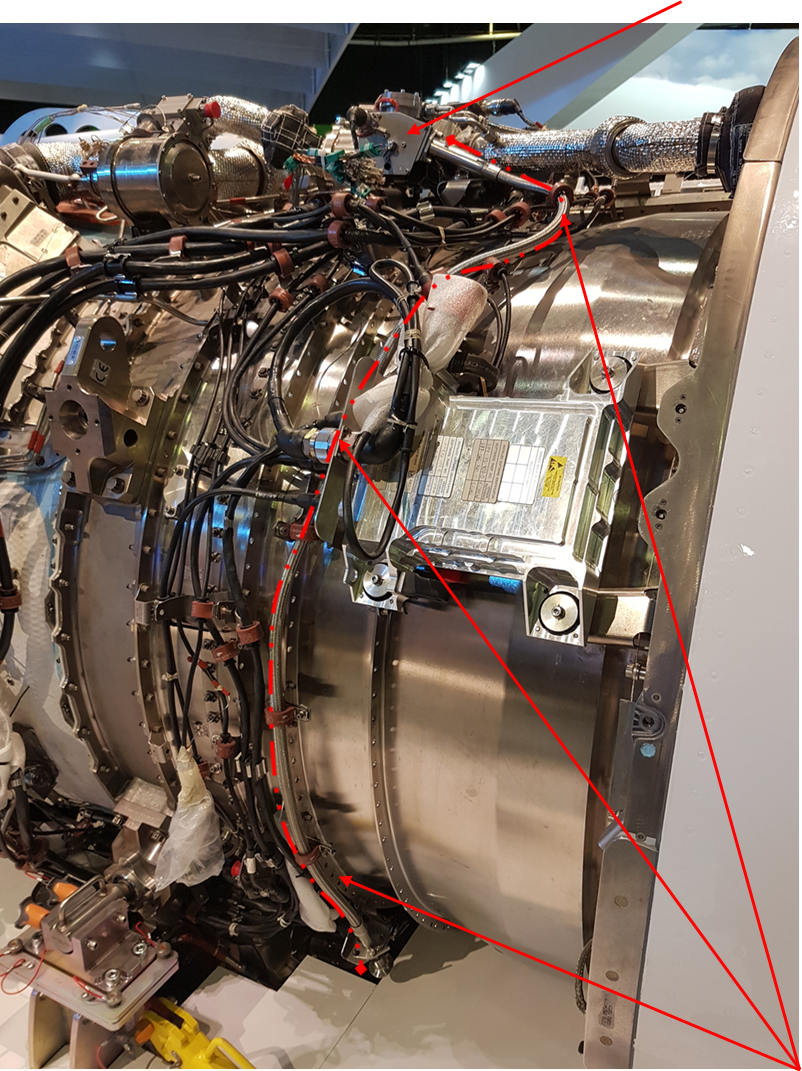S.S. White Technologies, the worldwide leader in the design and manufacture of flexible shafts and related assemblies, highlights its flexible shafts for aerospace manual valve control override systems. Manual override systems are critical to airlines’ increased expectation for on time departures. S.S. White has designed and developed several flexible shaft assemblies to manually actuate (control/override) valves in the event the automated system fails. Applications for ATS valves include the CFM International LEAP1 high-bypass turbofan, and the GE9X high-bypass turbofan for the Boeing 777X.

Manual valve control override systems are critical to airlines – and are becoming more so – due to increasing expectations for improved reliability and on time dispatches. Backup manual override systems allow the aircraft to be dispatched from the gate and continue its planned flight. They avoid delays, including de-bagging and off-loading passengers while finding another aircraft. Ultimately, they play an important role in avoiding expense for the airlines and delays for paying passengers.
Backup manual valve control overrides involve complex systems, in which equipment is often located in a highly inaccessible location. The flexible shaft can bring the override position to a much more accessible location, and it can also allow the valve to be actuated manually from a remote location. Moreover, flexible shaft backup systems are a one-time fix, as the faulty valve is swapped out for a new one when the aircraft meets its destination.
S.S. White’s flexible shaft technology provides a unique set of advantages for manual valve control override systems. The flexible shaft is a precisely defined and configured, nested group of springs. These springs are wound tightly so that the shaft maintains torsional and rotational strength. In other words, flexible shafts can bend, but can still also rotate. This makes them especially useful for manual control for valves, as they transmit rotary motion like a solid shaft, but they can still be routed around obstacles.
In an aircraft, the electrical system operates automatically, but when there is a failure, flexible shafts can play an important part in manual valve control override systems that can keep planes flying. Using flexible shafts in an aircraft design helps to improve aircraft serviceability ratings; the reliability analysis of these parts contributes to that of the whole aircraft.